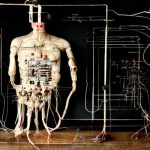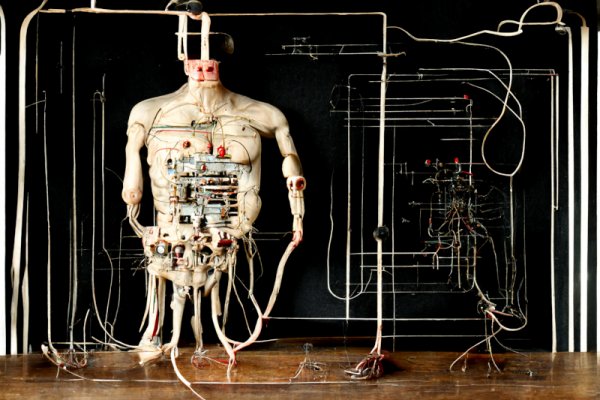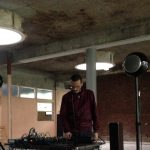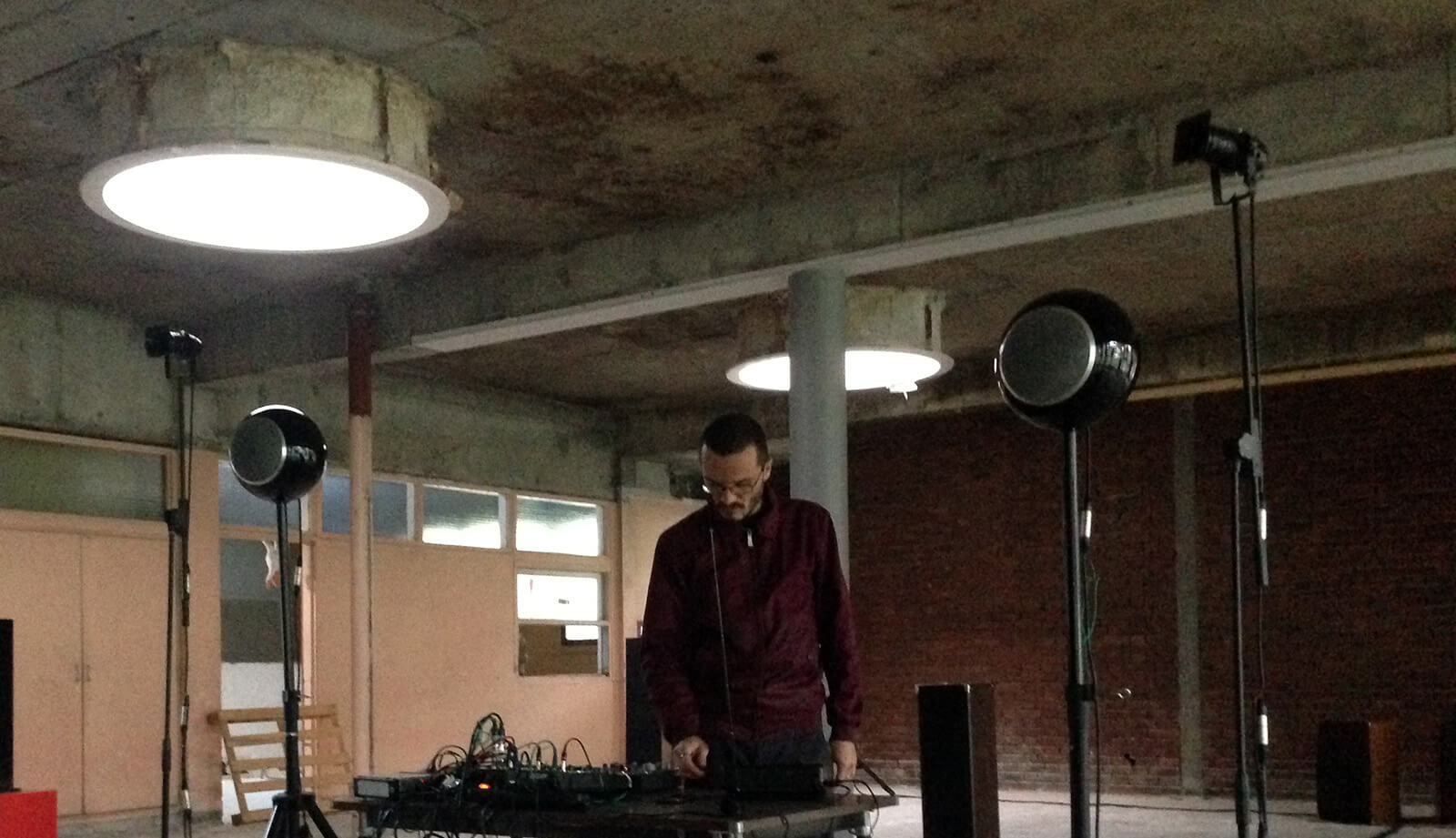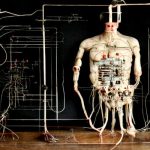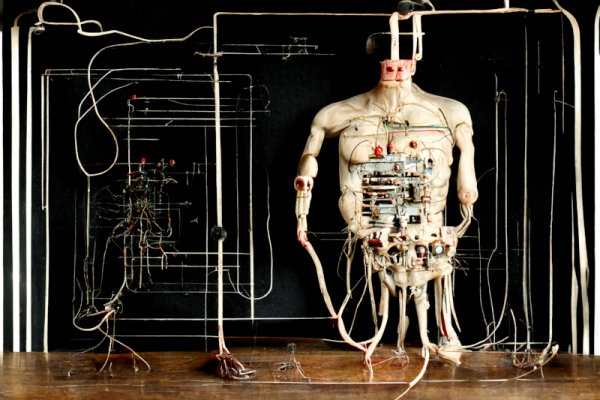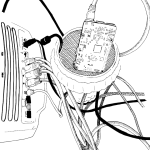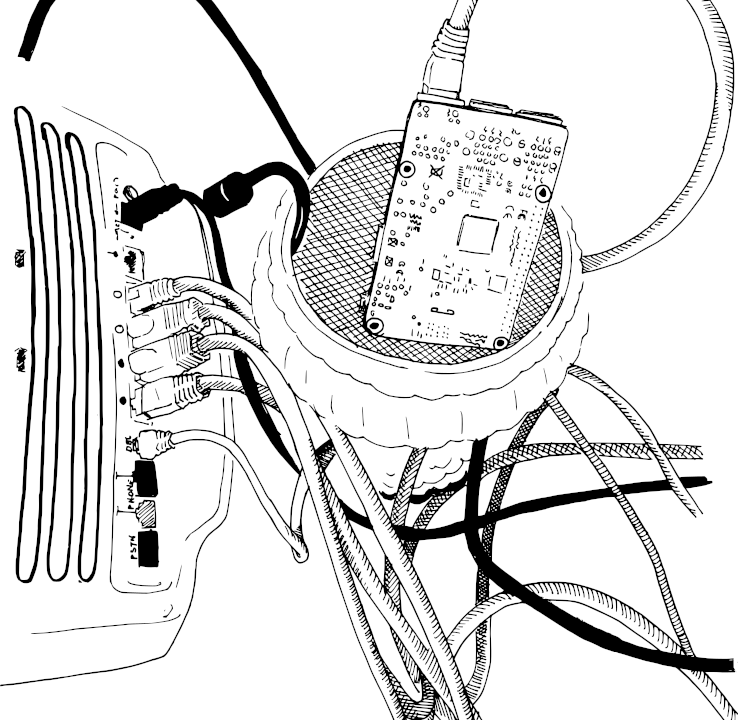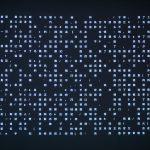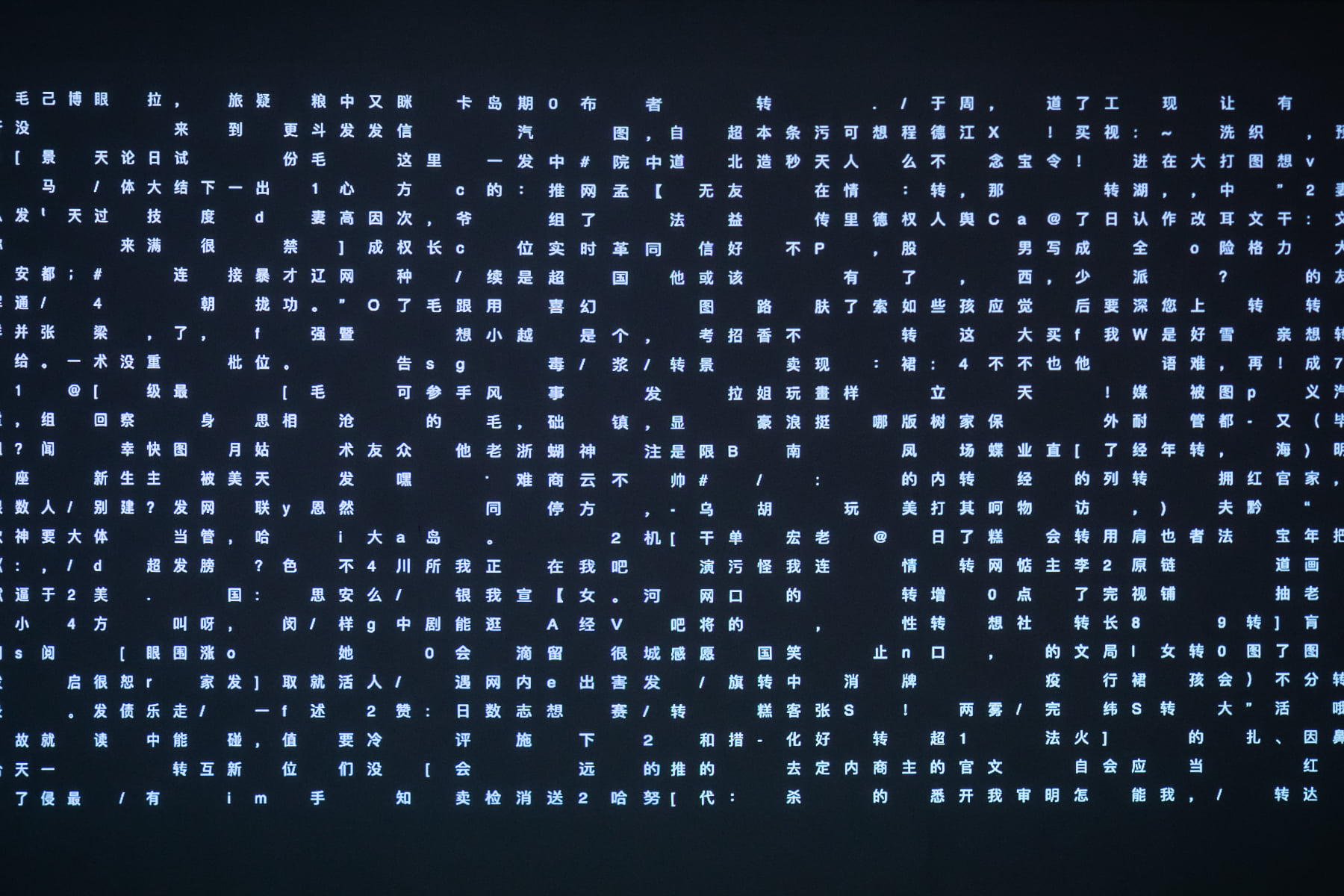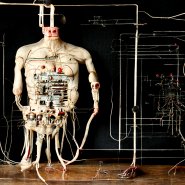
Programm 2022

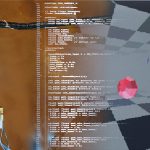
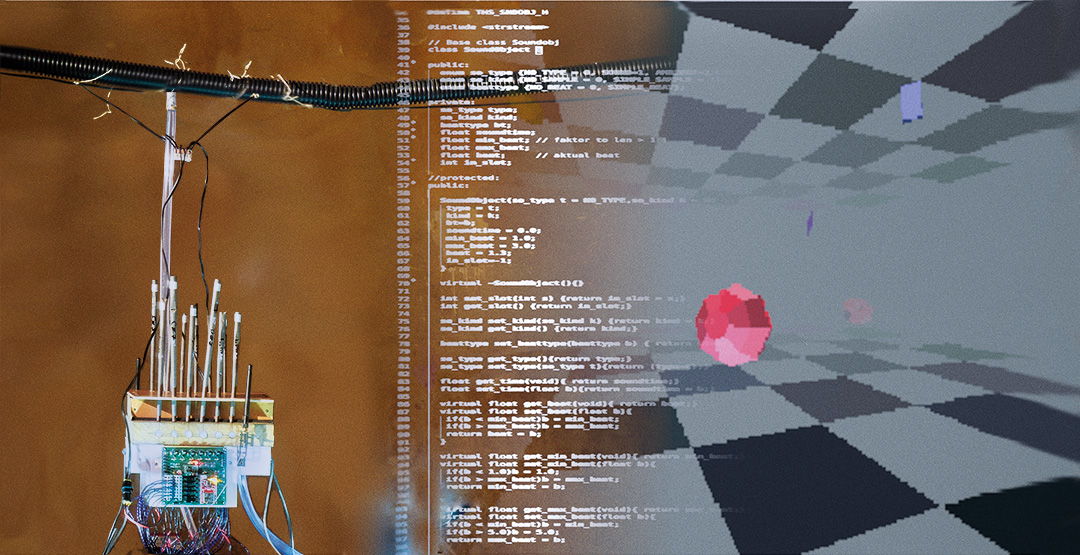
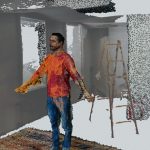
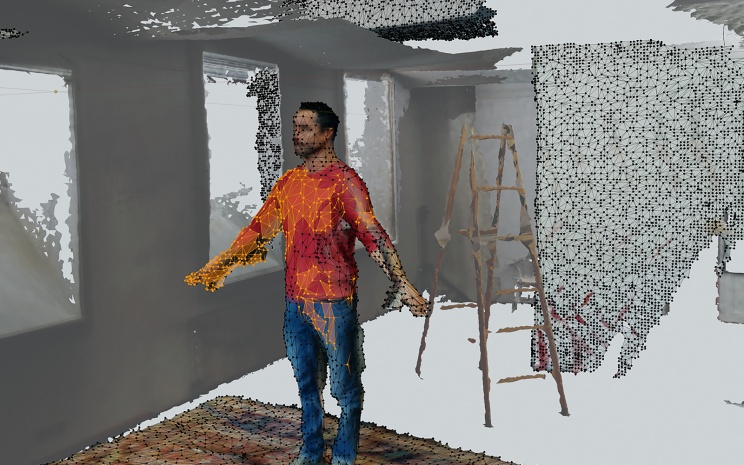
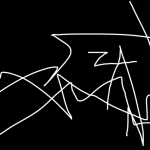
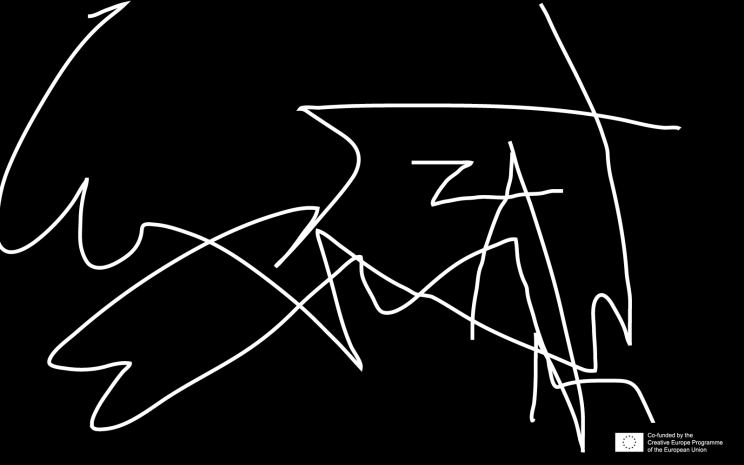


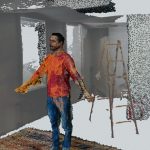
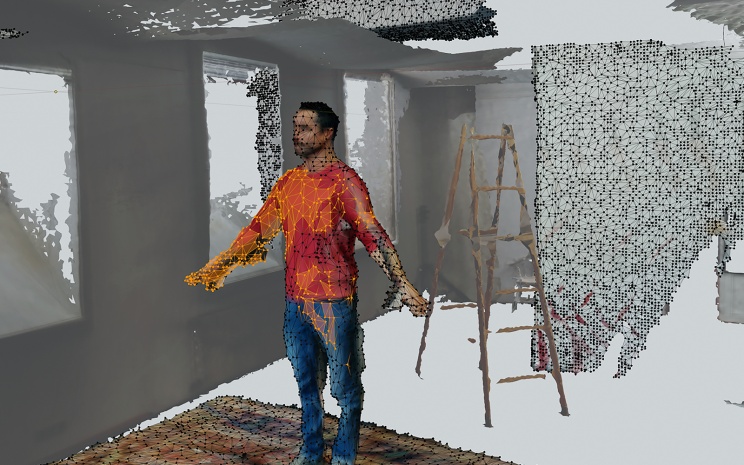

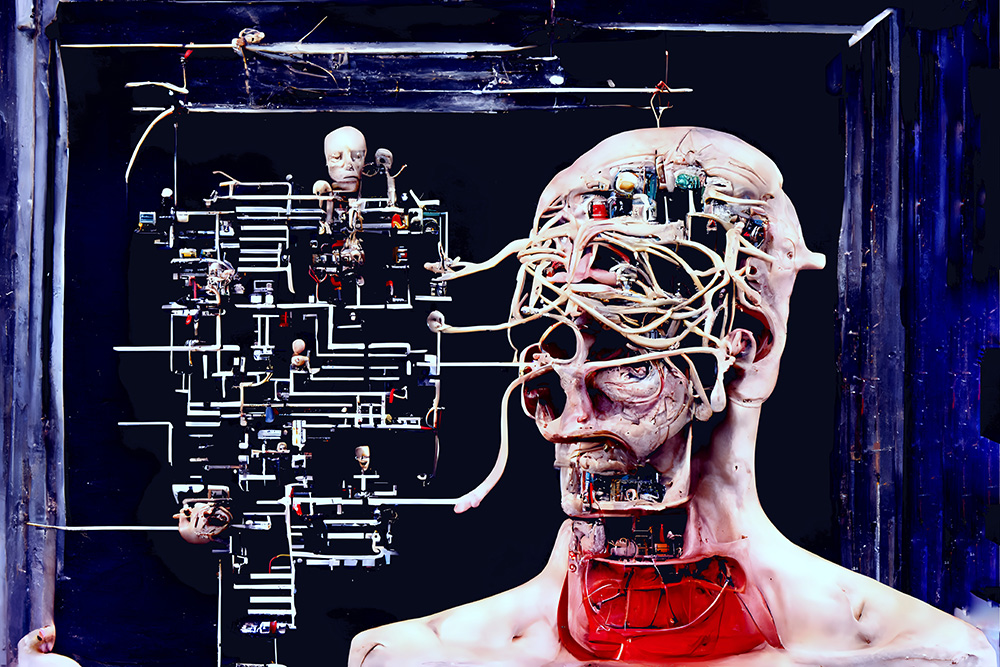
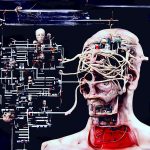
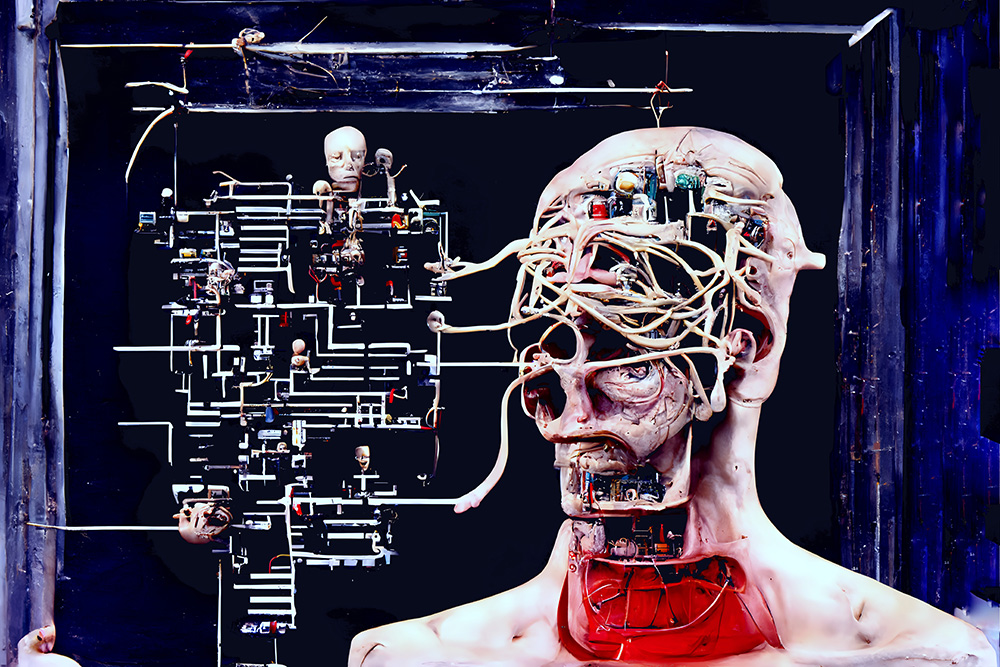
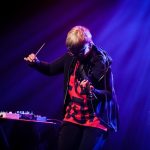
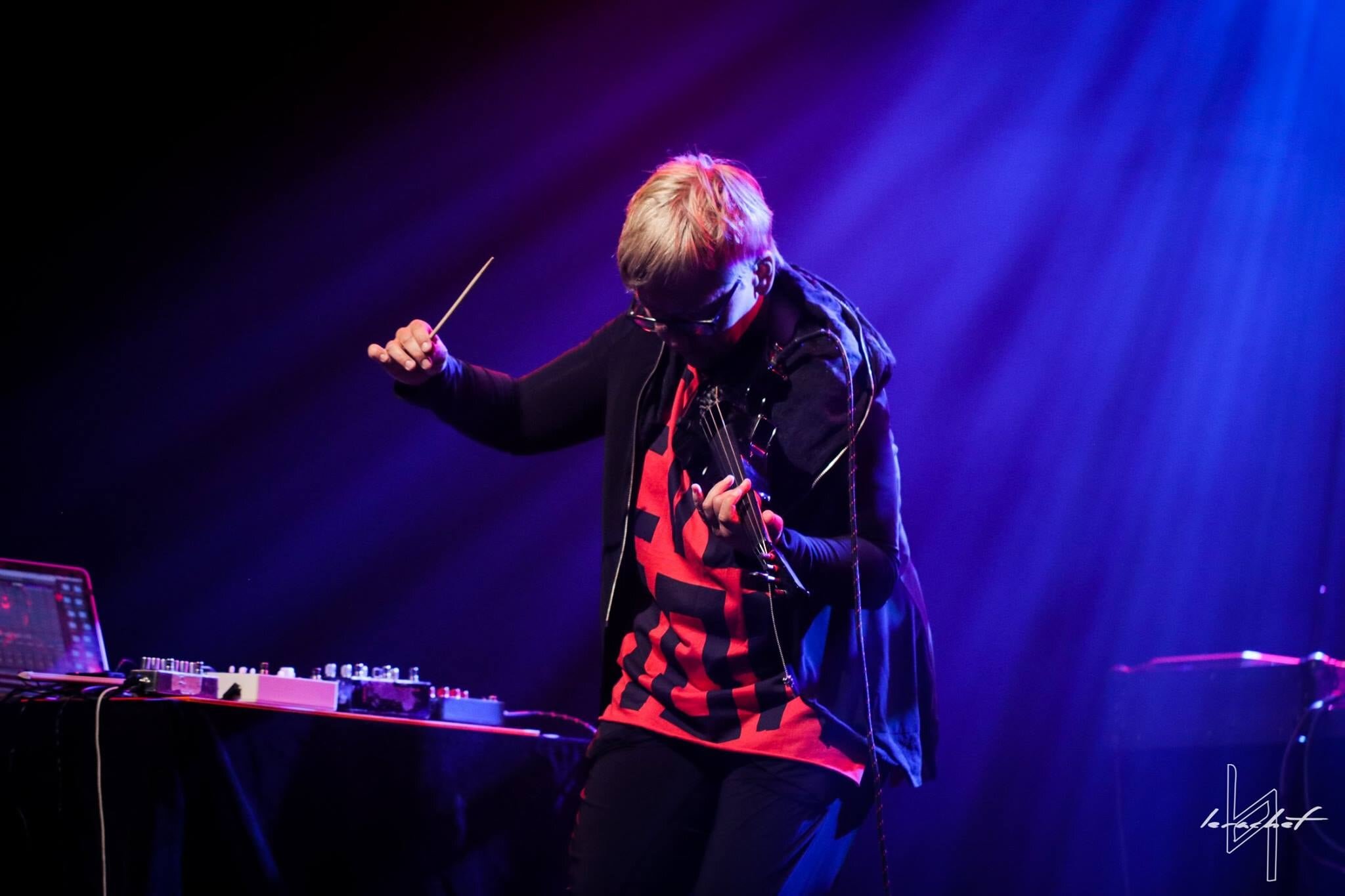
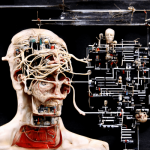
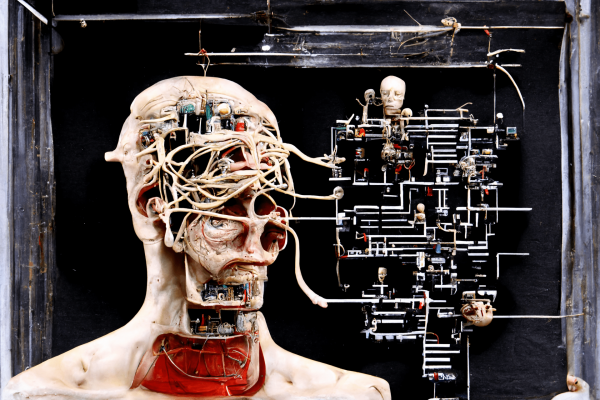
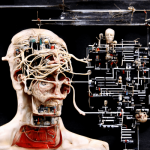
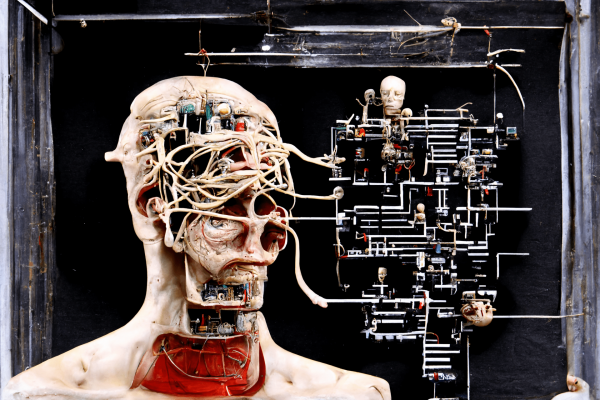
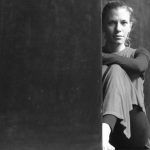
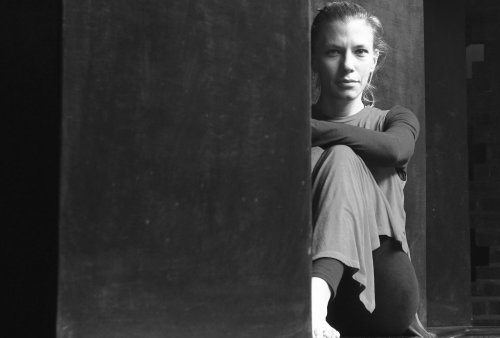

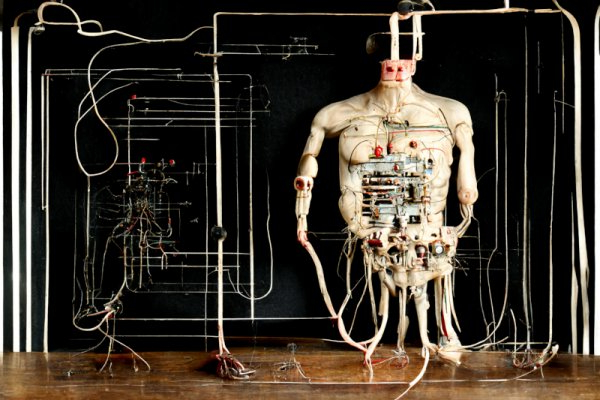
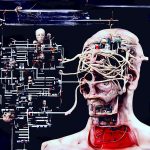

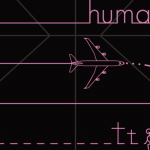
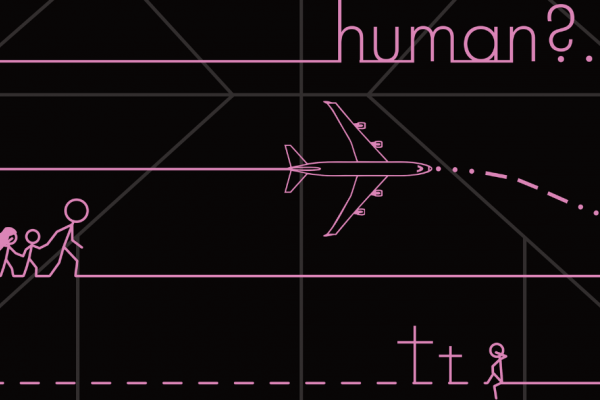
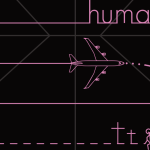
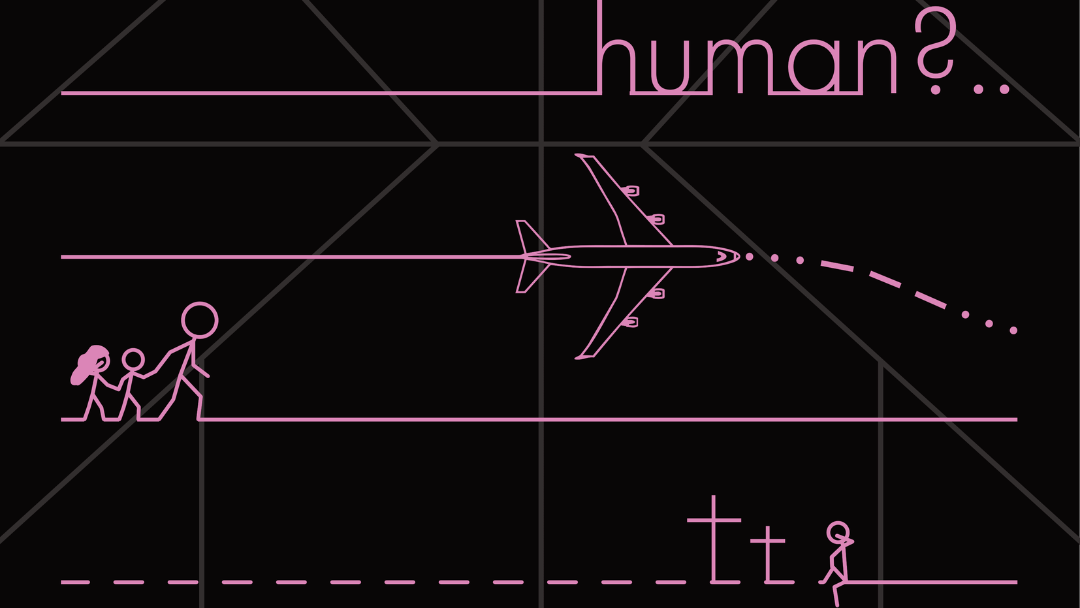
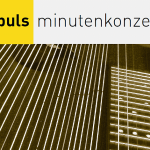
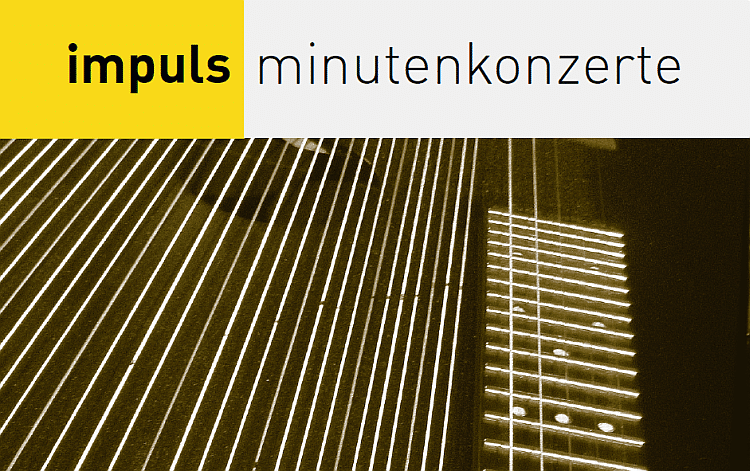
Impuls MinuteConcerts, June 25th, 1pmtermin
Ort: [esc] medien kunst labor
We warmly invite you to an impuls MinuteConcert at esc medien kunst labor on June 25th at 1pm!
We are looking forward to your visit!
With the impuls MinuteConcerts impuls invites to an acoustic as well as visual tour through various galleries in Graz each year. Whether perceived as tryout or as an art course with a duration of more than 12 hours: any approach is possible, the admission free. Experts are welcome and so are the curious ones, passers-by and those, who like to stay, connoisseurs and discoverers, kids, adolescent and grown-ups … everyone is called up to stroll around the City of Graz together with young musicians and composers and experience music, be it classical modern or most recently composed one, at first hand and aside from traditional concert stages. Meet up with artists, gallerists, curators, art lovers and other fellow beings and enjoy music and fine arts in new synergy.
You can find the entire impuls MinuteConcerts program here.




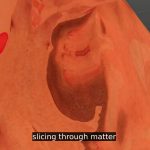
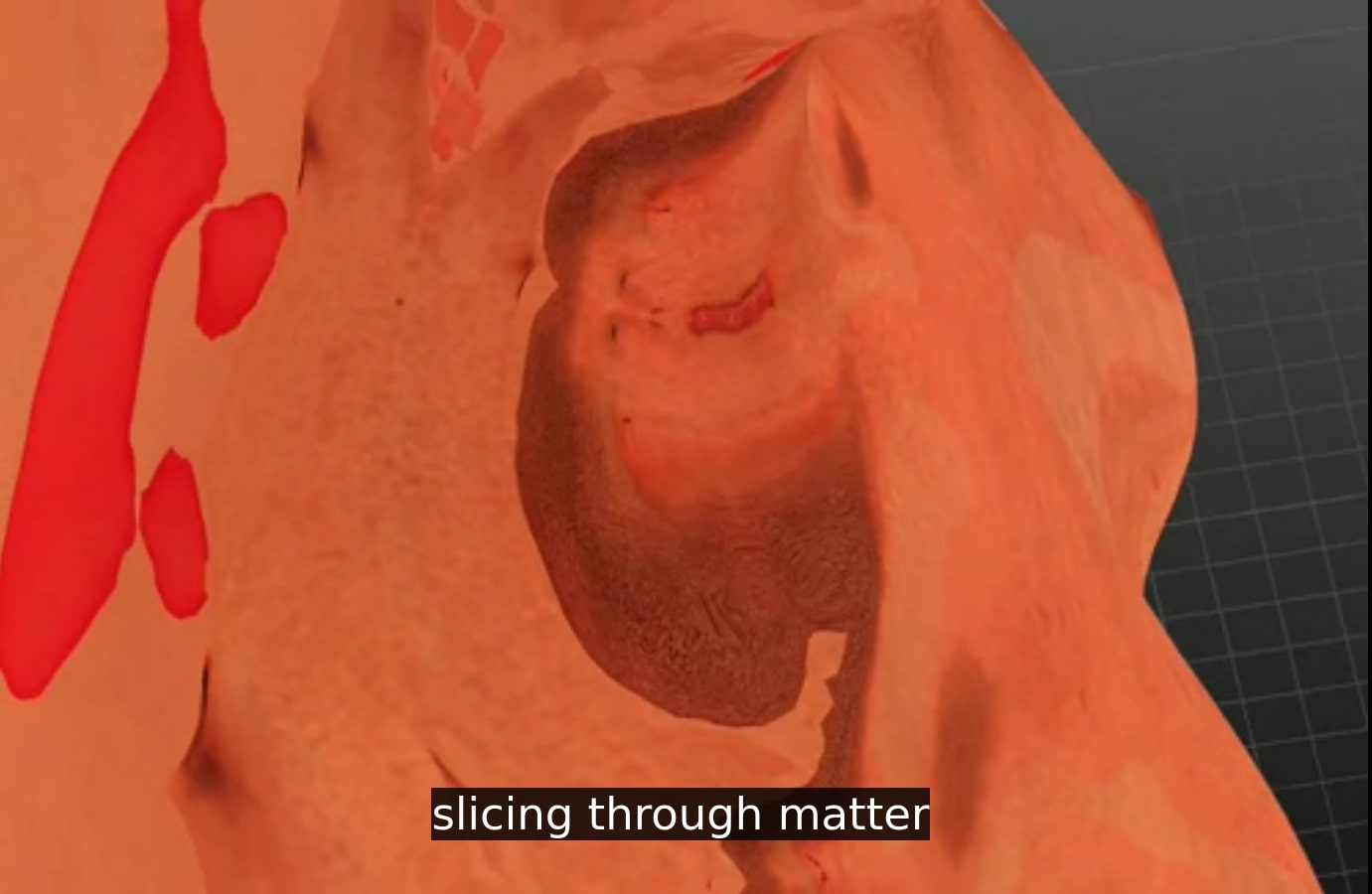
Possible Bodies: Volumetric Regimes: a guided tourtermin
Ort: [esc] medien kunst labor
The esc medien kunst labor invites to join a book presentation and talk about the project Possible Bodies with Femke Snelting (BEL) and Jara Rocha (ESP).
Link to the Online – Plattform: BigBlueBotton
Six years of trans*feminist disobedient action-research on 3D technologies, paradigms and procedures are about to be published as Volumetric Regimes: Material Cultures of Quantified Presence (Open Humanities Press, DATA-browser series, 2022). The book foregrounds technological practices that provide with a widening of the possible and brings together diverse materials on the political, aesthetic and relational regimes in which volumes are calculated. The ongoing multi-local launch of Volumetric Regimes is made up of playful contributions, informal responses and interactive formats proposed by known and unknown comrades in the making of technosciences otherwise.
For this occasion, we will be joined by architect, theorist and educator Dubravka Sekulić who will interlocute with materials from the publication.
For more information about the book please go to:
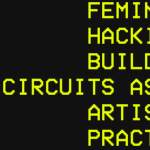
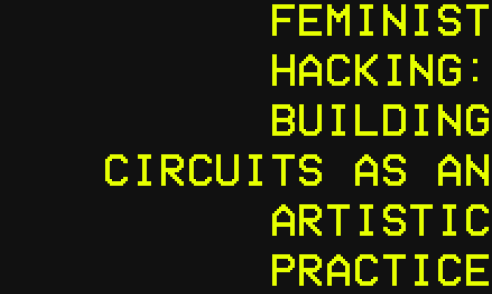

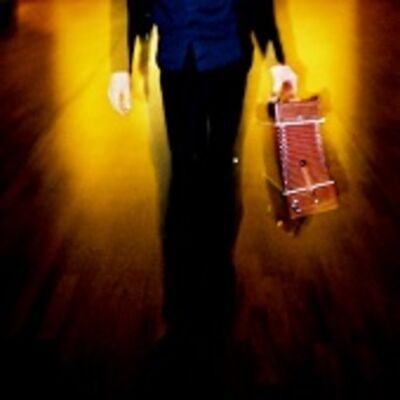
Open music: Solo-Actstermin
Ort: [esc] medien kunst labor
The esc medien kunst labor cordially invites you to a concert in the context of Open music!
How can performers get in touch with their audience in a world of high-quality digital music reproduction? Why do we need a performance at all, when we can stop and start, listen to and re-listen to perfect sounding recordings from all over the world at the click of a mouse, through loudspeaker systems that reproduce instruments in every detail? Today's recorded music certainly provides much more space for viewing and understanding a musical work than a live performance ever could. To explore the enduring power of live performance and to consider the physical nature of the performer, I commissioned pieces from composers whose work encompasses both the musical and the physical. In this regard, Jennifer Walshe and Simon Steen-Andersen are two of the most exciting composers writing for notes and bodies, bringing the notion of performance and physicality back into the framework of live music making. (A.B.)
Andreas Borregaard studied with James Crabb at the Royal Danish Academy of Music in Copenhagen. From 2010 he taught there himself, and since 2017 at the Norwegian Academy of Music in Oslo. He is active in many diverse projects, formations and genres (Quintet MTQ, Duo Inviolata, Trio Gáman, Stormglas), in which collaboration with contemporary composers and the associated expansion of instrumental possibilities and repertoire for the accordion play a central role.
Moldovan-born accordionist Ghenadie Rotari (who studied in Trieste, Munich and at the Sibelius Academy in Helsinki) also has a clear focus on contemporary music, and has also attracted attention with projects such as the "Quarantine diaries" on Instragram, which present short pieces he commissioned during the pandemic, and the "Everything Accordion" podcast, which includes interviews and talks with fellow accordionists. As a "solo act," he complements Andreas Borregard's performative program with a piece for talking accordionist written for him by Matthew Shlomowitz. This explores the question of whether musical languages/systems reflect the political systems under which they are written.
TICKETS
Reservations Corona conditional cordially requested. For more information click here.
€ 16 | € 11* | € 6**
* Pupils, students, military/civil servants and unemployed persons with valid ID card
** Music students with valid ID at the box office as well as children up to 10 years of age
*** Free admission for Hunger for Art & Culture at the evening box office from 15 minutes before the concert begins
Evening box office
The evening box office opens 30 minutes before the concert begins
Reservations
E-mail
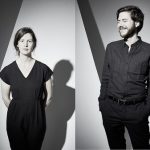
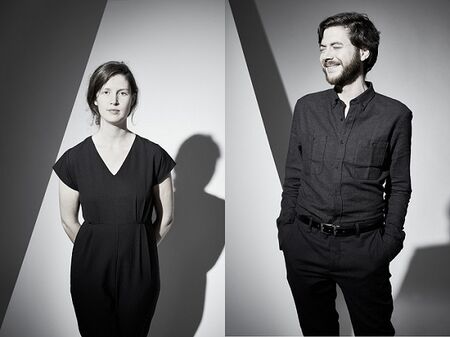
Open music: Time Slice Transmittertermin
Ort: [esc] medien kunst labor
The esc medien kunst labor invites you to the concert "Time Slice Transmitter" in the context of Open music!
With "Time Slice Transmitter", "open music" is launching a "hybrid music" project series initiated not least because of the ongoing pandemic, which stimulates new compositions and performances per se as hybrid formats. The programs are thus not only developed for a live concert, but also emerge, for example, as an interactive website or radio art.
"Time Slice Transmitter" is a 35-part composition for six-string electronic violin. All are invited to arrange their own versions of this work online by interactively modifying various sound and image shapes – from short looped fragments to polyphonic passages.
In contrast to conventional time-based formats, such as film, book, or record, a software-based interface is neither static nor linearly fixed. The virtual environment enables structures whose semantics can be generated or modified directly by the user on the basis of computer programs. Reading, speaking, writing, listening coincide in a single performative act. "Time Slice Transmitter" makes targeted use of precisely these medial properties: individual tracks can be played and stopped on the website at the click of a mouse. Simultaneous playback of the tracks allows for any number of sound variations, so that each user interacts to create an individual audio collage.
This variable superimposition of individual components also determines the visual implementation: each audio track is assigned the video recording of the instrumentalist, of which only a narrow horizontal section can be seen in each case, which serves as an interaction surface, among other things. The video strips arranged one below the other on the screen thus result in a fluid mosaic of the depicted body, whose fragmented physicality represents, as it were, the translation of an auditory as well as digital simultaneity into the visual.
As an instrument in a live performance, the web version is spun on by two performers, counterpointed and accumulated with new material.
TICKETS
Online version: Free
Live version: Reservations Corona conditionally cordially requested. For more information please click here.
€ 16 | € 11* | € 6**
* Pupils, students, military/civilian servants and unemployed with valid ID card
** Music students with valid ID at the box office as well as children up to 10 years of age
*** Free admission for Hunger for Art & Culture at the evening box office from 15 minutes before the concert begins
Evening box office
The evening box office opens 30 minutes before the concert begins
Reservations
E-mail
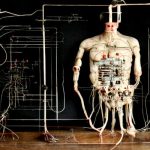
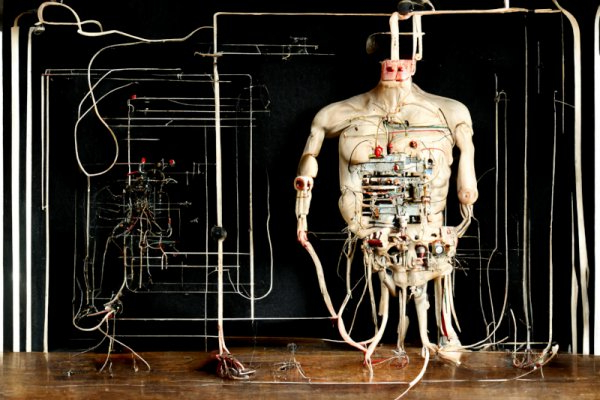
Guided Tour PERFECT BODY 14. Mai, 13.30 Uhrtermin
Ort: [esc] medien kunst labor
Cuckoo NET ART IMPLANT REGENERATIVE RELIQUARY INFINITE POSTURE DATASET WET SIGNAL VOICE GARDENS @ilusao INTERNET EEG
In keeping with the ideas and promises of Futurism, Marinetti still envisages predominantly positive things when he writes about the technical possibilities of bodily extensions and expansions. Today, it is above all the media productions on internet platforms that, in the course of obsessive optimisation efforts and permanent (self-)measurements, blind us to the status change of the body to object, to capital.
We train, repair, rehabilitate, model, beautify and mechanise our bodies through cosmetics, fitness programmes, supplements and medicines, surgical interventions, prostheses, implants, computer-brain interfaces and other technical enhancements. The effort and the results are constantly being recorded by a wide variety of programmes and applications, and the data is made readily available to the data-processing industries. Under their influence, the pressure to invest in our "body capital" in a self-responsible way is increasing, non-compliance is met with sanctions. The interventions have long since also affected our cognition and our emotion. Michel Foucault's finding about the reciprocal relationship between the usefulness and compliance of the body in a politics of constraints is being put into practice today as corporate politics: the human body enters into a machinery of exploitation that penetrates, dissects and reassembles it.
We should be aware of who is pursuing what interests and who is reaping the greatest profits from all the beautiful and new possibilities of optimising and perfecting the body when the view of the changes in our body, our thoughts and emotions is softened by the filters of fascination and erotic attraction.
